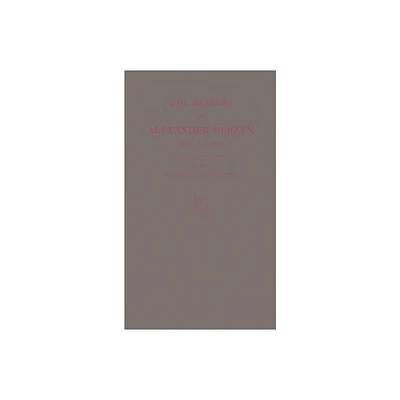Home
Tamburlaine the Great: Parts I & II
Loading Inventory...
Barnes and Noble
Tamburlaine the Great: Parts I & II
Current price: $32.99


Barnes and Noble
Tamburlaine the Great: Parts I & II
Current price: $32.99
Loading Inventory...
Size: Paperback
*Product Information may vary - to confirm product availability, pricing, and additional information please contact Barnes and Noble
This dramatic and influential play by Christopher Marlowe thrusts readers into the ambitious rise of a shepherd to a powerful warlord in the 14th century.
This two-part play is renowned for its poetic grandeur and the depiction of its ruthless yet charismatic protagonist, Tamburlaine. Marlowe, a contemporary of Shakespeare, revolutionized Elizabethan drama with his use of blank verse and complex characters. Set against the vast backdrop of the Middle Eastern and Central Asian empires, the narrative explores themes of power, ambition, and the human cost of relentless conquest.
Marlowe's Tamburlaine is not just a conqueror but also a poet and a visionary, embodying the Renaissance fascination with the 'overreacher' who challenges the heavens. This work is pivotal in the development of English drama, marking a departure from medieval morality plays to a more secular and humanistic approach, encapsulating the transformative spirit of the Elizabethan age.
This two-part play is renowned for its poetic grandeur and the depiction of its ruthless yet charismatic protagonist, Tamburlaine. Marlowe, a contemporary of Shakespeare, revolutionized Elizabethan drama with his use of blank verse and complex characters. Set against the vast backdrop of the Middle Eastern and Central Asian empires, the narrative explores themes of power, ambition, and the human cost of relentless conquest.
Marlowe's Tamburlaine is not just a conqueror but also a poet and a visionary, embodying the Renaissance fascination with the 'overreacher' who challenges the heavens. This work is pivotal in the development of English drama, marking a departure from medieval morality plays to a more secular and humanistic approach, encapsulating the transformative spirit of the Elizabethan age.






![Royal Shakespeare Company: Henry IV, Parts I & II [Special Edition] [2 Discs] [Blu-ray]](https://prodimage.images-bn.com/pimages/0809478071792_p0_v2_s600x595.jpg)











